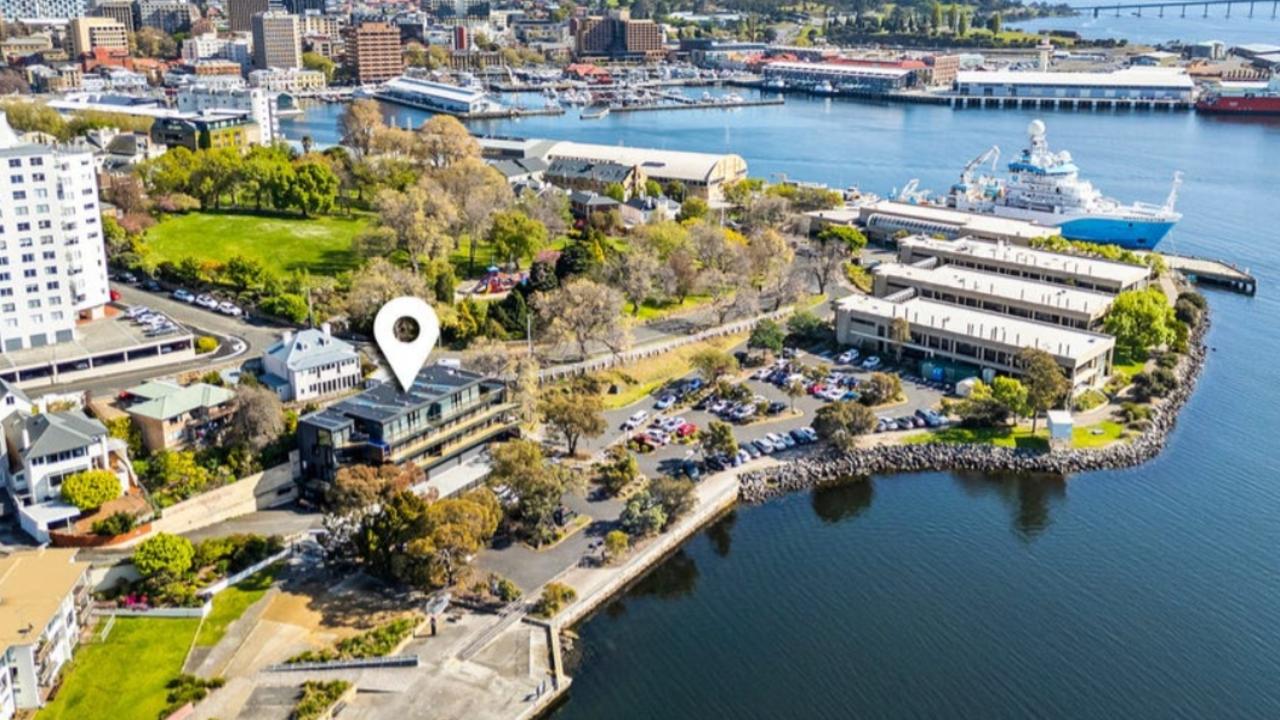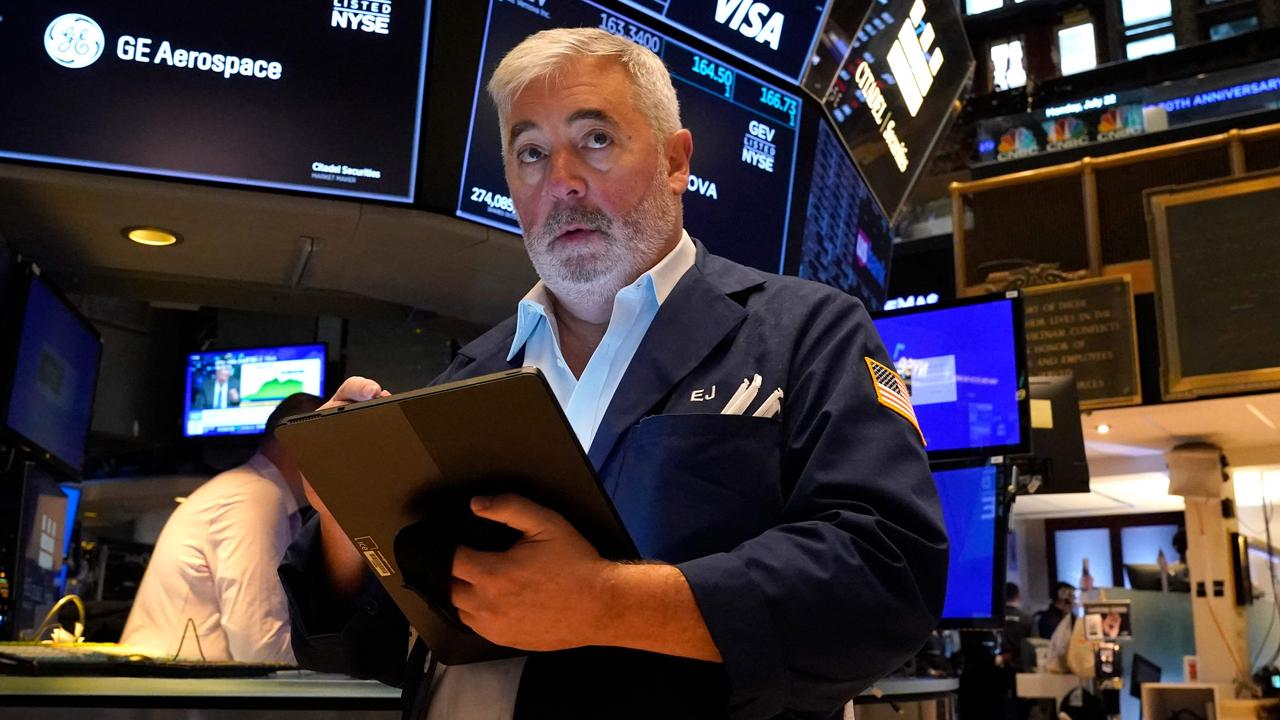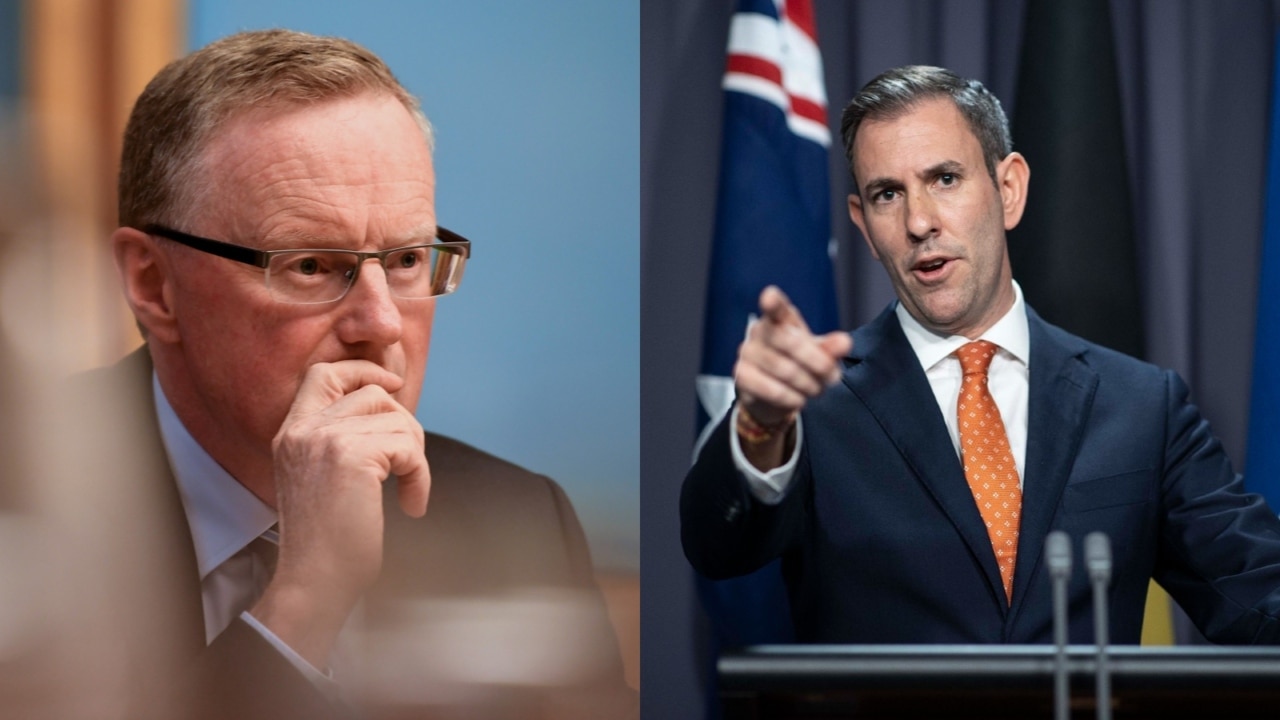
I am detecting signs in the business community, confirmed by the latest inflation data, that indicate that today’s elevated interest rates will remain for much longer than conventional forecasting is predicting.
And, of course, interest rates may also go higher.
Those now facing longer than expected periods of mortgage stress need to curb their anger towards Reserve Bank Governor Philip Lowe and start blaming governments in Canberra and the states who are boosting inflation and therefore maintaining high interest rates.
We are encountering what I call the ‘post Mother’s Day 2023’ era.
My readers were briefed two weeks after Mother’s Day that consumer spending had suddenly dropped, and companies are now confirming this and it will later show up in the statistics.
But what has happened since, in large areas of the business community, is defying conventional economic logic and is likely to frustrate the Reserve Bank.
There is real risk that government policies will keep inflation high and confirm the predictions of former Reserve Bank Governor Ian Macfarlane that it was unlikely that annual inflation could be reduced below four per cent via the conventional interest rate mechanism.
Normally, when there is a sharp turnover fall, companies slash labour and other costs to adjust.
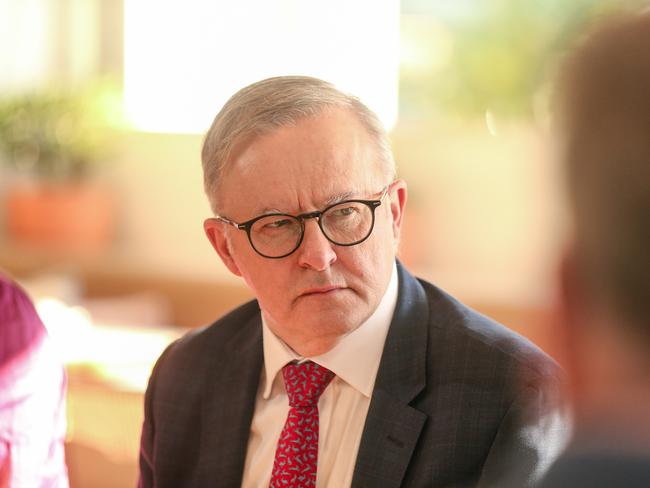
But in the last three years there have been acute labour shortages and so there is no longer the opportunity to shed labour in response to a sales fall unless a new range of productivity investment can be engineered.
At the same time costs are still rising sharply, led by government labour and energy policies, so companies believe they have no choice but to simply pass them on.
And it’s vital that they do because the sales fall has been concentrated on those with mortgage stress.
Turnover in discretionary markets must therefore be generated from the affluent sections of the society, young people and, in some markets, the elderly whose pensions have been preserved.
Large segments of these consumer markets are immune from the impact of interest rate rises and some benefit.
Companies are therefore passing on the higher costs.
In this environment, headline inflation has fluctuated but the underlying inflation rate of around six per cent is holding remarkably steady.
And that six per cent rate is a long way from a two to three per cent target of the Reserve Bank.
Driving inflation are the Albanese government’s labour and climate change policies, which show no sign of moderation.
Accordingly, those policies have scary implications for the bottom quartile of the population plus the big home borrowers.
Prime Minister Anthony Albanese must hope but the interest rate rises are curbed, but there is real danger that any attempt to curb interest rates while underlying inflation remains high will trigger a lower Australian dollar which will further boost inflation.
No other country in the world allowed banks to engage an unrestrained home lending spree during the Covid years at rates that would quickly convert to market.
We are alone with a serious mortgage stress problem.
The business groups that will do best in this environment are those with market clout.
That environment puts a wide range of smaller enterprises at risk and as this horror unfolds it will polarise the society at the same time as the Indigenous voice debate.
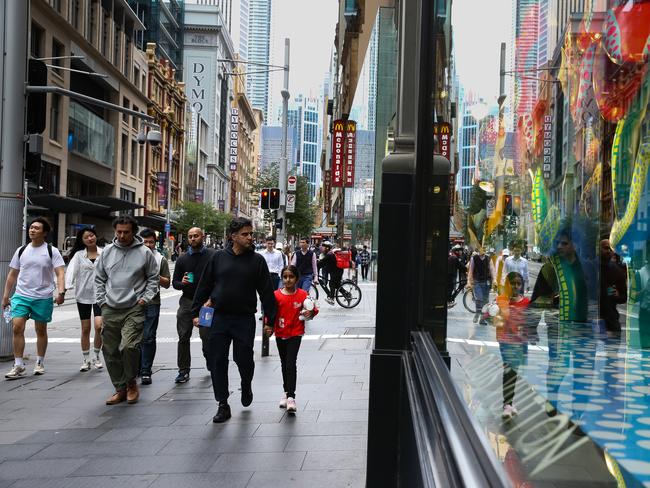
The Reserve Bank can raise interest rates further and generate more misery for those caught in mortgage stress but, in the areas the economy where spending is being generated, overseas travel by Australians is actually becoming bigger drain on local consumer spending than interest rates.
Accordingly small interest rate rises may not do the inflationary reduction job in this environment.
The Reserve Bank would need to really throttle the economy with substantial interest rate rises and there is no plan to do that.
Meanwhile, workers are being encouraged by the government to go for higher wages and in many cases businesses whose sales have fallen are being forced to pay five, six or even seven per cent wage rises or lose key staff.
The renewable energy program has been rushed and is badly managed, so has created skyrocketing energy prices with more to come.
Victoria’s vast low cost onshore gas reserves that do not require fracking lie dormant while its residents and businesses unnecessarily pay exorbitant prices for gas and electricity.
On July 1 the minimum superannuation pension payments double which will see a big injection of funds into affluent people in the older age groups.
Their increased spending will provide a significant boost in many retail areas, encouraging price rises, although there will be substantial leakage to the international travel market.
I don’t think the restructured Reserve Bank will move to throttle the economy with substantially higher rate rises, so may begin to live with inflation around the four per cent mark or above.
At this point share markets looking for interest rate restraints and a return to lower interest rates.
While restraint will be delivered, if the current explosion of costs continues in the corporate sector current interest rates will not prevent those costs being passed on to customers so high rates may remain in place for an extended period.






